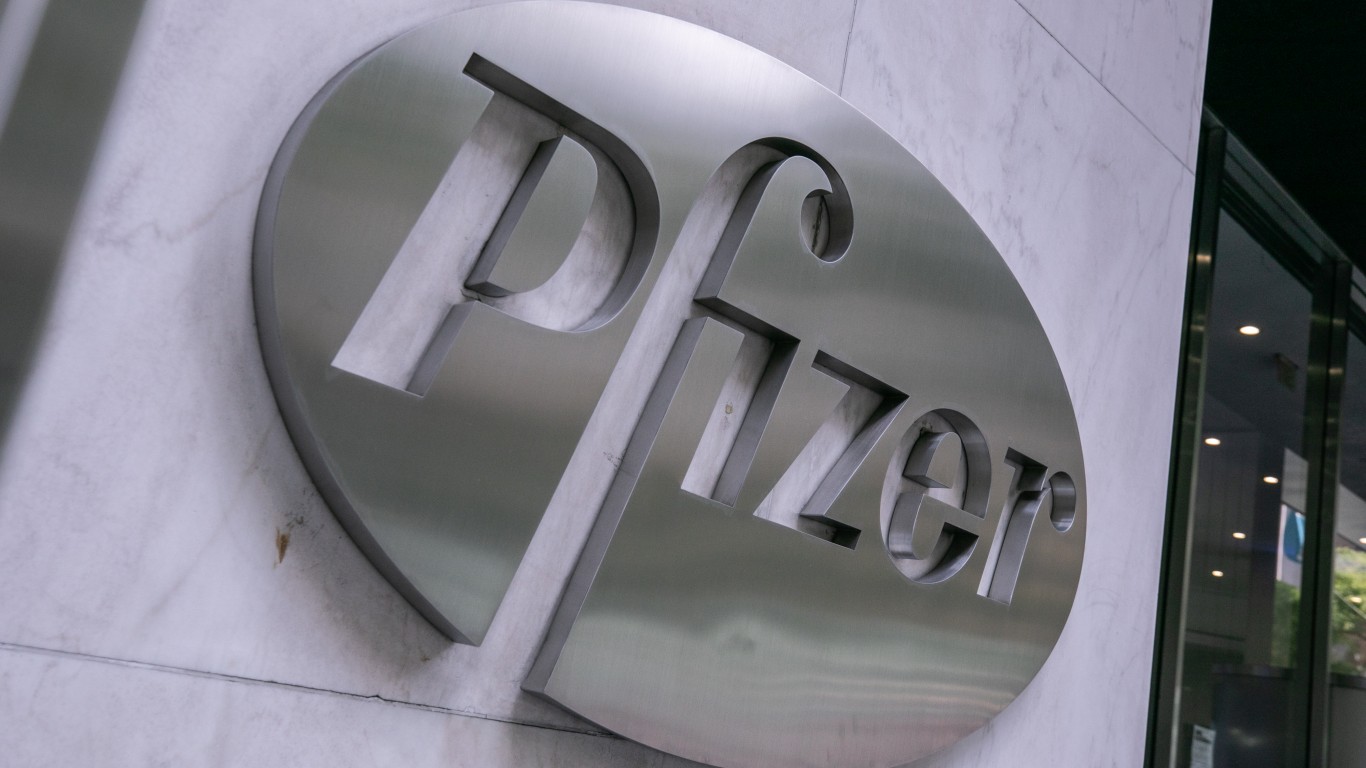
With his long, flowing white beard and steely gaze, Constellation Software President Mark Leonard looks like a cross between Sir Ian McKellan’s Gandalf the Grey from The Lord of the Rings and his Erik Lesherr/Magneto from the X-Men films. However, the notoriously reclusive and secretive Leonard, who has only allowed three photos of himself to circulate online, lets his Constellation Software numbers do the talking for him, and they are impressive, with its equally under-the-radar stock delivering an over 290-fold return on investment since going public in Toronto, Canada, in 2006.
Sporting a business model that borrows equal parts from Warren Buffett and Charles Wang, Constellation Software is a software mini-conglomerate that has been built entirely through acquisition of smaller companies. Leonard’s roots in private equity trained his instincts for finding and negotiating prices for good value companies that had strong potential upside, especially if they had synergies with other companies already in the stable.
A brief look into Constellation Software’s history and current trajectory makes a case for a stock split, although some dissenting voices have also made valid points.
Growth Through Acquisition

Warren Buffett’s Berkshire Hathaway (NYSE: BRK.B) is often one of the first conglomerates that come to mind when referencing acquisition-based growth. From the very beginning, Berkshire Hathaway was Buffett’s investment fund. He would buy stakes in public and private companies, often acquiring the outstanding shares later on to make each company a wholly owned subsidiary, in due course. Prior to being acquired by Broadcom (NASDAQ: AVGO), Charles Wang’s Computer Associates notched huge growth in the software industry, primarily by focusing on buying smaller companies all creating software for IBM mainframes.
In much the same vein, Constellation Software buys smaller software companies like Wang did, only in a broader range of industrial sectors, like Buffett. While Constellation has paid as much as $700 million for Allscripts’ hospital unit, the majority of its 500+ subsidiaries were often purchased for under $5 million each. With very few exceptions, these companies maintain their independent management and remain under the Constellation Software umbrella permanently.
Keeping Things Organized

With over 500 separate companies, Constellation Software is divided into six broad operation segments that cover a variety of industrial sectors. Constellation Software does business in over 100 countries, with roughly half in the US. About two thirds are public sector clients with the remainder in the private sector.
Quietly Making Huge Gains

Not unlike Buffett, Leonard prefers a very “hands-off” management approach towards the subsidiary companies, and tries to let them continue on their respective growth tracks, unencumbered by corporate politics or other distractions. His penchant for secrecy has even gone so far as to cancel an earnings call with analysts over concerns about info leaks on pending acquisitions.
Nevertheless, Constellation Software has made Leonard one of Canada’s richest billionaires, and the stock continues to go up. The stock gained nearly 1,000 points between the end of October 2023 and early March 2024. It has risen over 240% in the last five years, and has risen over 20,000% since its 2006 IPO.
Prospects For a Stock Split Announcement
Since going public, Constellation Software has never undergone a stock split. At the time of this writing, the ADRs traded on the OTC Market in the US are at $2,699.55 per share, a very expensive proposition for some institutional investors, let alone individual ones. A forward stock split would not only bring the price down to a more affordable level for a wider range of investors, but also add liquidity to the float. If the Board were to propose a stock split, these would certainly be some of the underlying rationales for support of the decision.
On the other hand, if the Buffett analogy holds true, Leonard may also resist a split for the same reason – the high price discourages momentum trading and speculation, leaving similar “buy and hold ” minded investors as the main demographic profile for Constellation Software stock ownership.
Additionally, the relatively new availability of “fractional share” ownership from some brokers may render the value of enacting a forward share split negligible if the practice becomes more widespread.
Travel Cards Are Getting Too Good To Ignore (sponsored)
Credit card companies are pulling out all the stops, with the issuers are offering insane travel rewards and perks.
We’re talking huge sign-up bonuses, points on every purchase, and benefits like lounge access, travel credits, and free hotel nights. For travelers, these rewards can add up to thousands of dollars in flights, upgrades, and luxury experiences every year.
It’s like getting paid to travel — and it’s available to qualified borrowers who know where to look.
We’ve rounded up some of the best travel credit cards on the market. Click here to see the list. Don’t miss these offers — they won’t be this good forever.
Thank you for reading! Have some feedback for us?
Contact the 24/7 Wall St. editorial team.





